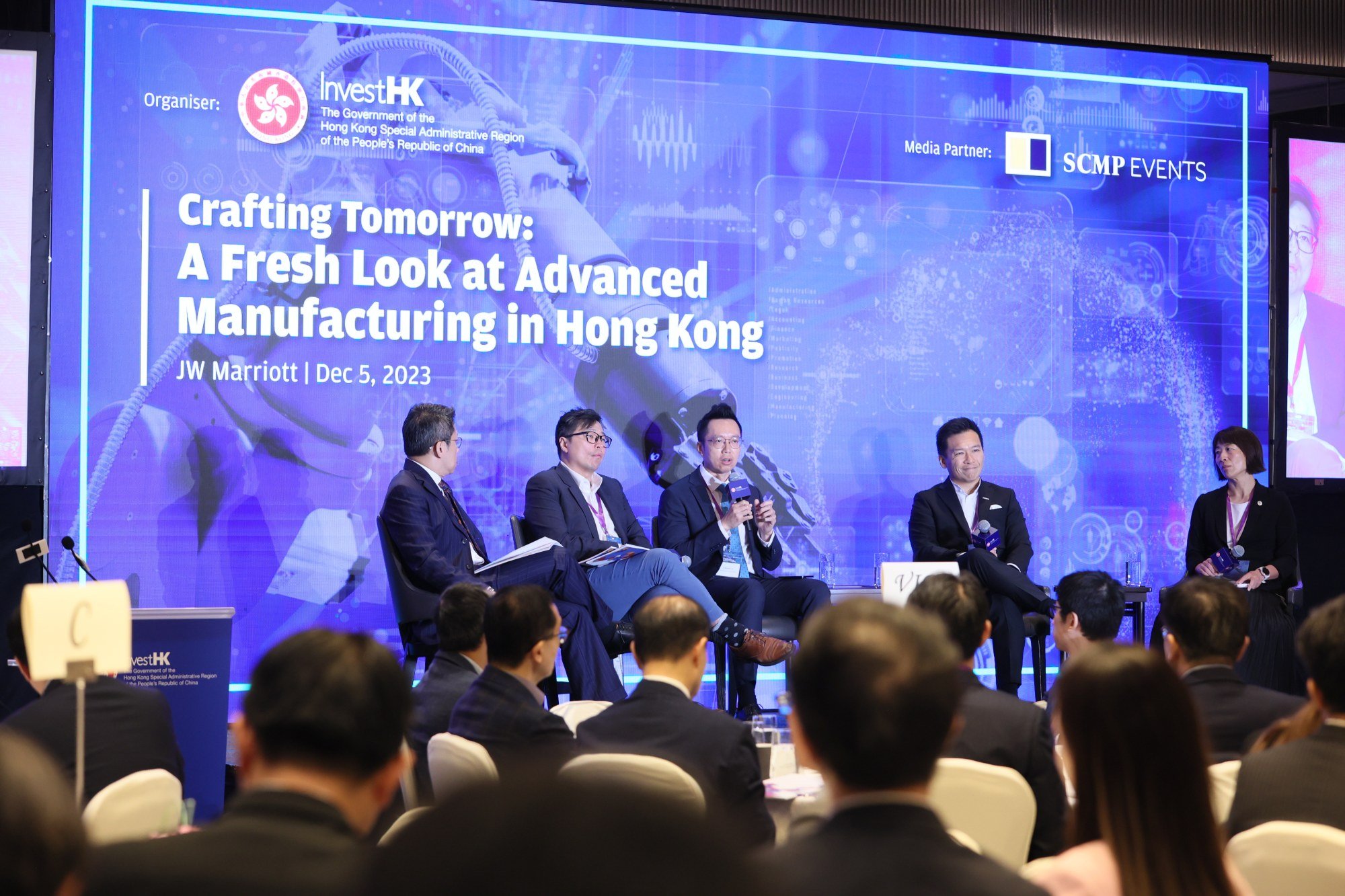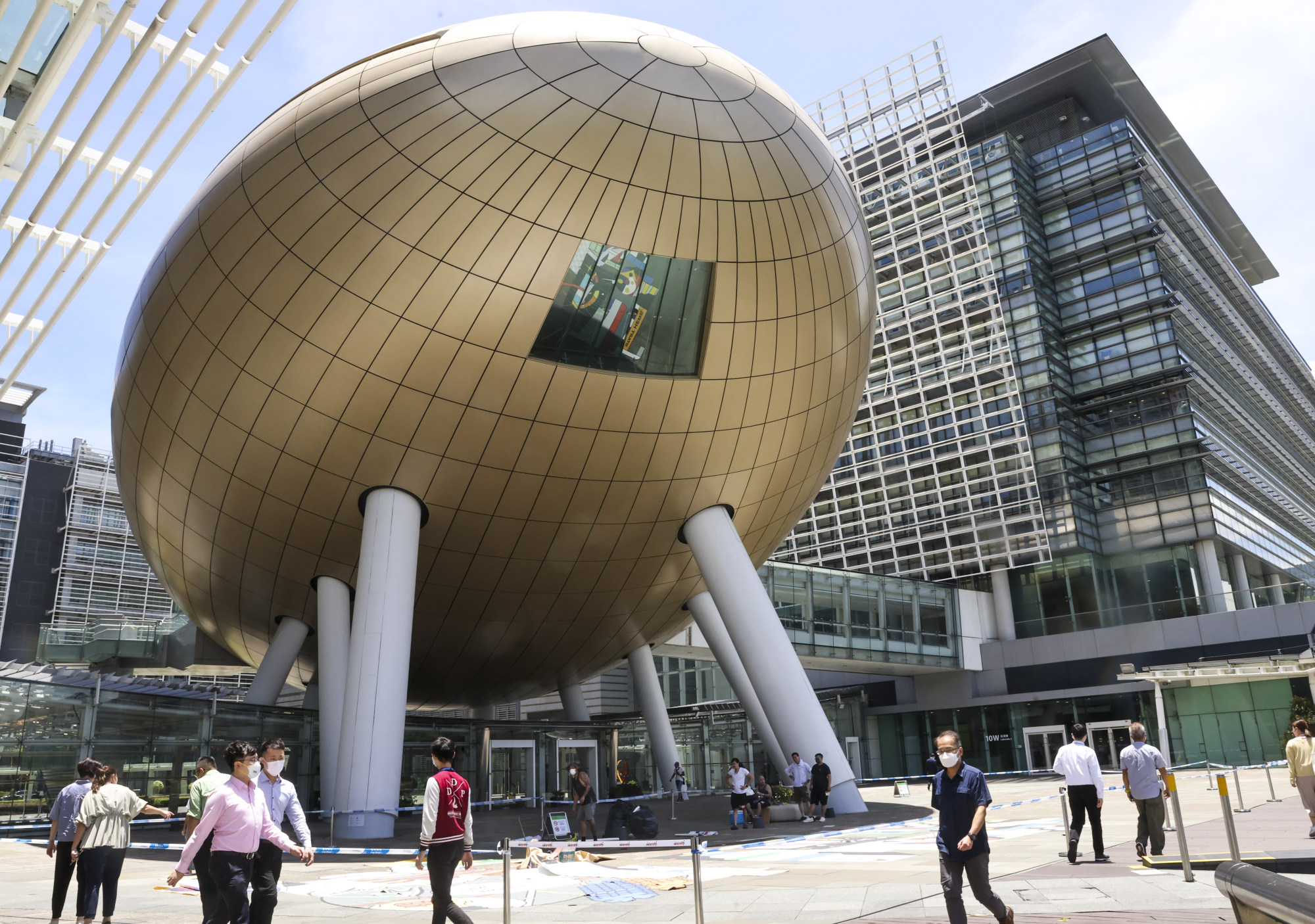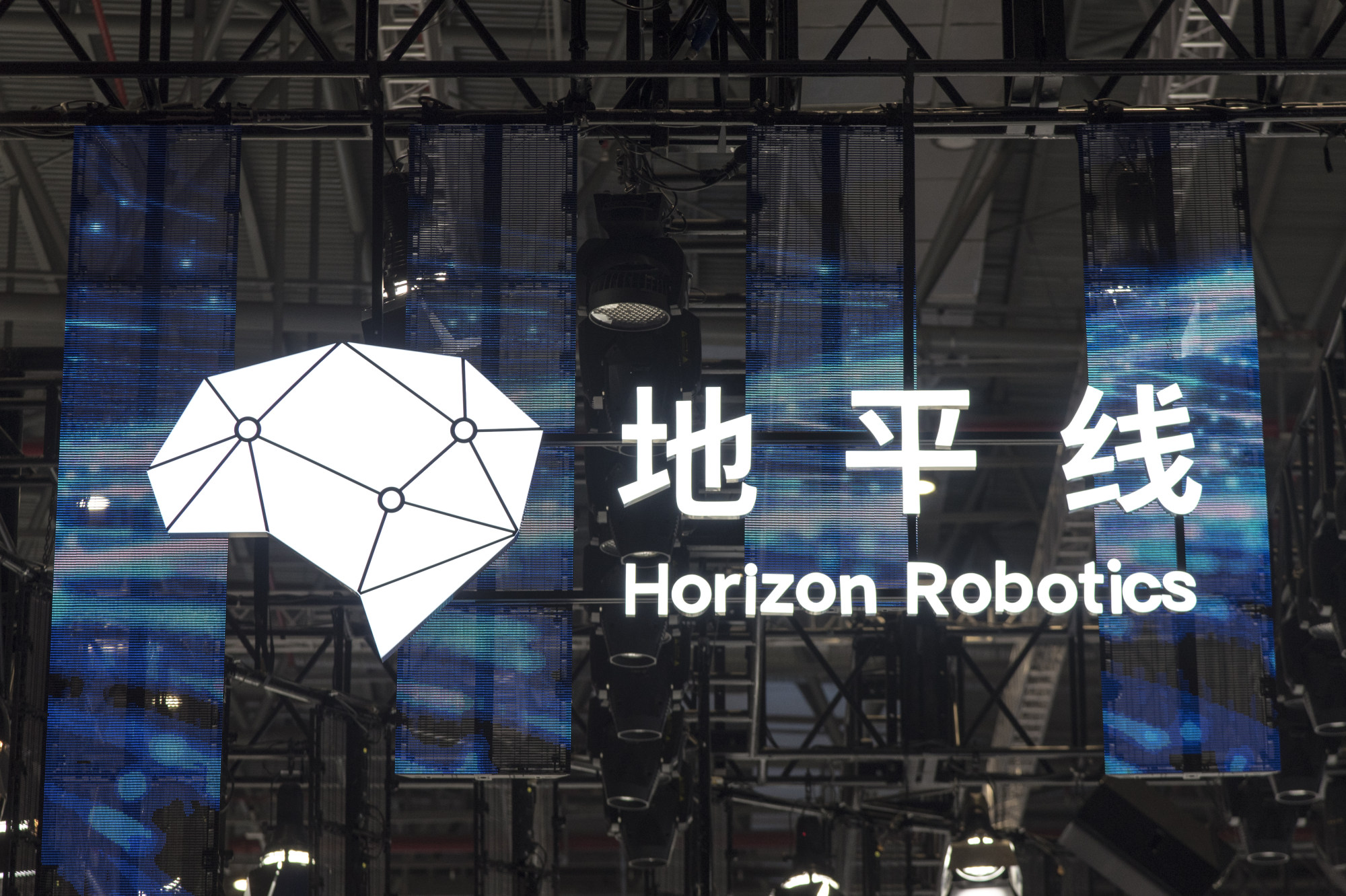
Chinese automotive chip manufacturers plan to invest billions in Hong Kong amid city’s push to reindustrialise
- Drawing advanced manufacturing to Hong Kong remains a top government priority, according to the city’s innovation chief Sun Dong
- Hong Kong offers an array of advantages for urban manufacturing, panellists say at the Advanced Manufacturing Forum co-hosted by InvestHK and SCMP
Hong Kong’s push to boost local advanced manufacturing is gaining traction, with semiconductor companies pledging billions of dollars of investments in research, development and production in the city, according to government officials, as the Asian financial centre endeavours to diversify its economy.
Drawing advanced manufacturing to Hong Kong is a top priority for the government, according to Sun Dong, Secretary for Innovation, Technology and Industry, speaking at the Advanced Manufacturing Forum organised by InvestHK, the city’s investment promotion agency, and the South China Morning Post on Tuesday.
Advanced manufacturing describes the use of innovative technologies such as robotics, artificial intelligence, the Internet of Things and 3D printing to improve production efficiency. It is seen by some as the essential to develop and build hi-tech products, such as semiconductors and electric vehicles.
“Over the past year, we have been working closely with [Hong Kong’s] Office for Attracting Strategic Enterprises in attracting strategic investments from top-notch mainland and overseas R&D companies, including in semiconductors and new energy vehicles, to set up or expand businesses in Hong Kong,” Sun said.

“They will soon see the advantages brought by the clustering of these enterprises with [the city’s] advanced manufacturing industry, as well as its overall IT development,” he added.
Those companies include Horizon Robotics, a leading automotive chip designer. On Friday, it signed a memorandum of understanding with the Hong Kong Science and Technology Parks (HKSTP) to invest HK$3 billion (US$383 million) in the city in the next five years.
The Beijing-based company, which struck a joint venture with carmaker Volkswagen earlier this year to develop automated driving solutions in China, controls 49 per cent of the Chinese autonomous-driving chip market, ahead of US rival Nvidia, according to a recent report from the China Money Network.
The investment plan follows similar non-binding agreements signed between HKSTP and other Chinese automotive chip companies earlier this year.
Black Sesame Technologies announced in November it aimed to set up a research and development centre in the Hong Kong Science Park, while J2 Semiconductor said in October it had agreed to invest an estimated HK$6.9 billion in setting up a wafer fabrication facility and global R&D centre in Hong Kong focusing on third-generation semiconductors.
Chan said those companies were together expected to invest over HK$17 billion in the city during the initial investment stage and create over 4,000 local jobs.
While Hong Kong may not be an ideal location for large-scale chip production, it is well positioned to support R&D and early-stage production for semiconductor firms, according to event panellist Peter Ng, deputy head and vice-president of enabling technology at ASMPT Hong Kong Technology, a chip and electronics manufacturing solutions provider.

Partly because of limited land supply, manufacturing historically made up less than 1 per cent of Hong Kong’s gross domestic product, according to government statistics. However, the city is well equipped to develop advanced manufacturing, which typically requires less space, according to several panellists.
They said Hong Kong’s strengths include a strong talent pool that draws from the city’s world-class universities and from around the world, its status as a gateway to China and the fundraising opportunities offered by the Hong Kong stock exchange.
These characteristics make the city particularly suitable for high-value and advanced manufacturing of semiconductors, medical technologies like magnetic resonance imaging systems, precision robotics and satellites, according to Roy Chan, partner at PwC.
Others pointed to easy access to government funding and other support initiatives as important incentives to setting up advanced manufacturing and related R&D in Hong Kong.

Under the scheme, eligible businesses setting up production facilities – including those in health technologies, artificial intelligence, green energy and advanced manufacturing – will receive government funding worth half the company’s investment, with a funding ceiling of HK$200 million per applicant.
Each company would have to invest at least HK$200 million in manufacturing facilities and equipment to be eligible, as the scheme was set up to target companies looking to establish larger-scale production facilities, a government source told the Post at the time.
On Tuesday, Sun also highlighted government plans to open new development offices next year focused on supporting Hong Kong’s new industrialisation efforts, including a research cluster for advanced manufacturing.

